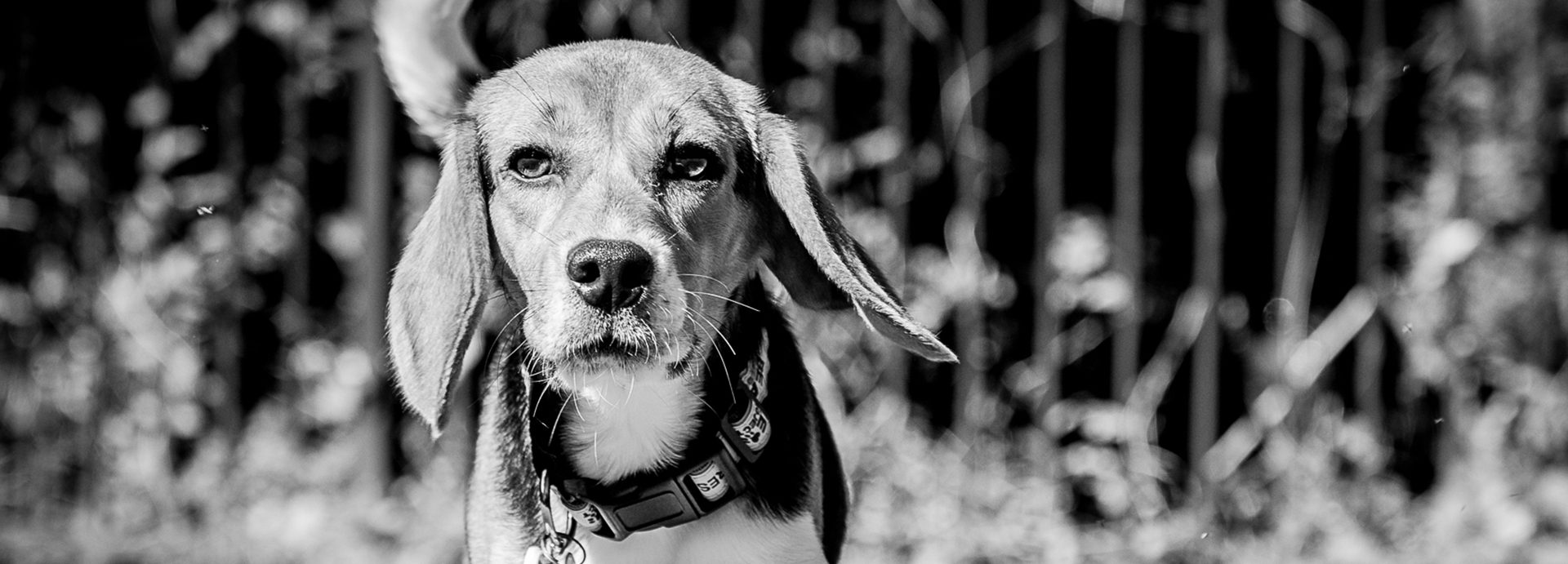Animal rights group Beagle Freedom Project made its case this week that the University of Missouri violated the state’s Sunshine Law in a two-day bench trial of the group’s lawsuit against the university.
Beagle Freedom Project’s 2016 lawsuit alleges that the university knowingly and purposefully violated the Sunshine Law when it billed the group $82,222.33 for public health records of dogs and cats used in medical research.
Boone County Circuit Judge Jeff Harris said he will rule in the case after final findings and conclusions are submitted by both parties in late August.
In their arguments, the group’s attorneys, Daniel Kolde and Eric Crinnian, sought to demonstrate that the university used higher-paid employees and lead researchers to gather records, resulting in higher costs than necessary. The Missouri Sunshine Law states that when responding to requests, those who gather documents must be the employees who can do so at the least expense.
The group also criticized the university’s cost-estimate methods, saying they resulted in a request that was “wholly unreasonable” and “not really based on anything.”
University of Missouri custodian of records Paula Barrett and university attorneys presented evidence Wednesday that show how she tried to reduce the number of hours that higher-paid employees were required in an attempt to lower costs, according to Barrett’s testimony.
A letter sent in June by Barrett to Beagle Freedom Project with a lower bill of $8,950 — more than three years after the initial lawsuit was filed and less than a month before the trial — was introduced into evidence.
Barrett said during her testimony that the group’s request was by far the most expansive and expensive records request the university had received in her time working there. The next largest request, she said, was somewhere in the range of $10,000 to $15,000.
The university insisted that for some record-gathering, lead researchers and higher-paid employees are necessary, and that Beagle Freedom Project’s request was not given any special or different treatment than others.
The animal rights group, which gained national attention after criticizing an MU study that resulted in the blinding and euthanizing of six beagles, originally crowd-sourced the records request from members and supporters as part of their “Identity Campaign” in 2015, in which those who submitted a request would virtually “adopt” the animal.
As part of that campaign, the group found 179 dogs and cats that had undergone research at the university and submitted 27 records requests, as well as requests to waive fees.
The university declined those fee waivers and requested payments ranging from $400 to $700 per request, according to the 2016 lawsuit, which were far out of the payment range for many who had submitted the requests.
In response, Beagle Freedom Project filed 179 records requests, one for each dog and cat identified as being involved in research, as well as additional fee waivers.
The waivers were once again denied, and the price tag for those requests totaled over $82,000.
Barrett notified the group that no steps would be taken to gather the records it requested until its payment was received, according to the lawsuit. She said in an email to another official, “don’t do unnecessary work,” telling them not to pull records until the university was paid, according to court testimony.
In an email to Beagle Freedom Project, Barrett said it was “not in the best interest” to take researchers and staff away from their normal duties to gather records without compensation.
Kolde said the case has impact beyond whatever ruling Harris makes.
“We hope this case sends a message to governmental bodies that the Sunshine Law is important and that they be transparent,” Kolde said. “I hope it serves to educate the public.”
Original Article: Columbia Missourian

